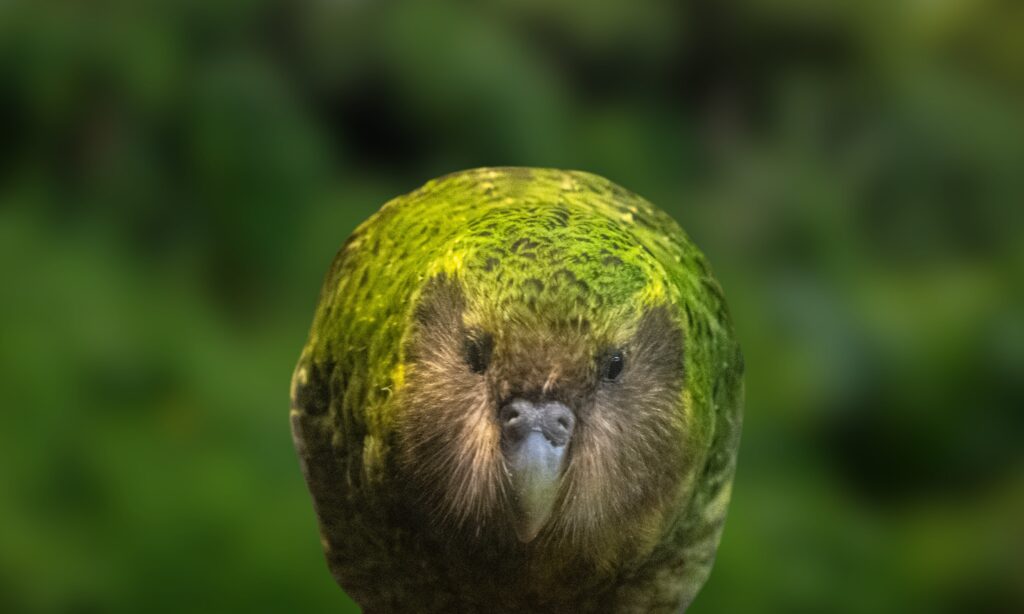New Zealand is racing to protect its critically endangered birds, including the kākāpō, from H5 avian influenza before migratory birds bring the virus to its shores. With fewer than 250 kākāpō remaining, even a single outbreak could be catastrophic.
A world-first trial vaccinated 10 captive birds from five endangered species, using the H5N3 poultry vaccine. After two doses, four species developed strong antibody responses lasting at least six months, offering hope for safeguarding captive breeding populations and managed wild populations.
Vaccination is just one part of a broader strategy. Capturing wild birds is challenging, and boosting overall health and habitat protection remains crucial. Australia is monitoring New Zealand’s results and running similar trials to protect vulnerable species like the Australian sea lion and Tasmanian devil.
Experts warn vaccines can lose effectiveness as viruses evolve, and incomplete vaccination could drive more virulent strains. Nonetheless, conservationists argue that inoculated birds are better protected than unvaccinated ones.
“If we start too soon, immunity may fade. If too late, we could miss the crucial moment,” says Kate McInnes, DOC senior science adviser.



